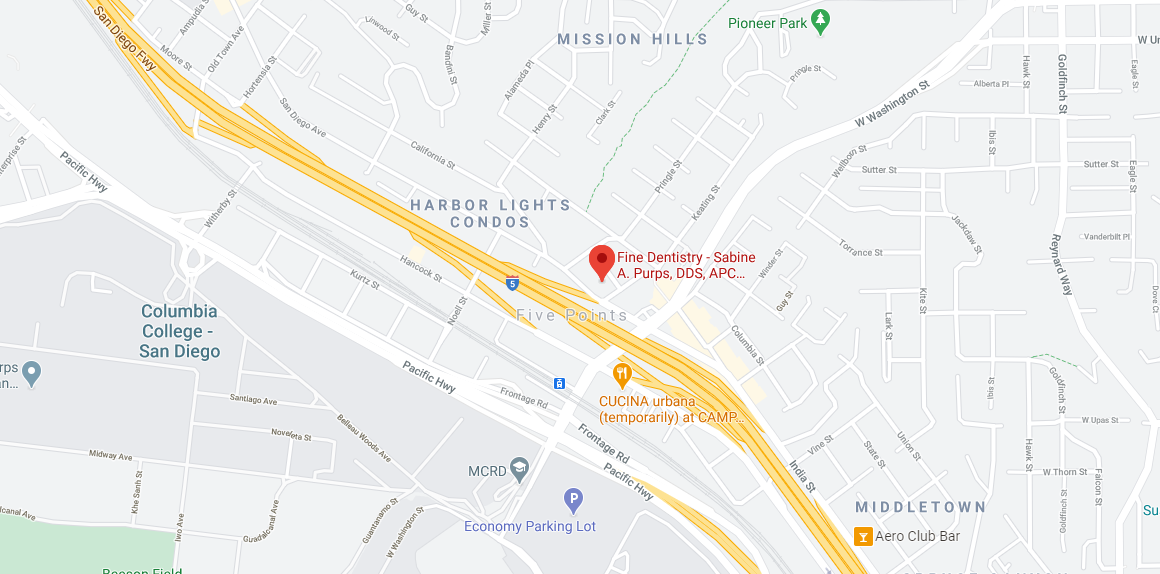Many people do not focus on dental health as much as their general health. However, dental health affects the rest of your body too. This is why it is important to understand what is a dental emergency just like a medical emergency. An urgent care dentist can be consulted when an emergency arises.
In this article, we discuss what can be considered a dental emergency and when immediate dental care may be required. Additionally, we explain when you can wait before meeting your dentist.
Identifying a Dental Emergency
Here are situations where you should seek immediate dental care:
Severe Dental Pain
Dental pain is a common problem. However, sometimes, the pain can be quite severe and cause a lot of distress for the patient. If you are suffering from pain that is intense, you should go to your urgent care dentist. While you will be provided medication for relieving the severe pain, long-term treatment will include diagnosing the cause of the pain and resolving it.
Fallen Tooth
Injury or physical trauma can lead to a completely knocked-out tooth. You may believe that it is not possible to save such a tooth. However, if you seek immediate dental care, it may be possible to restore that tooth.
Uncontrolled Bleeding
Many of us experience occasional bleeding from the gums. On the other hand, if you are suffering from bleeding from any part of your mouth that is uncontrollable, then it is a dental emergency.
Dental Infection
If you have developed an abscess in the mouth, then you need to seek treatment immediately as this infection can spread to other parts of the body. If you feel knots in the jaw or swelling in or around the mouth, it could be an abscess. If you have symptoms of an abscess, go to your urgent care dentist immediately.
When Can you Delay Immediate Dental Care?
While some dental situations are considered an emergency, in many other cases, you can wait till you see your dentist for diagnosis and treatment.
For example, a cracked or chipped tooth may be scary, but unless you have sharp fragments remaining in the mouth or have severe pain, you can delay an appointment with the dentist. Similarly, if your toothache is tolerable, then it is not a dental emergency. If you have a crown or filling that has dislodged, you can still wait for your appointment. If you think your problem does not require a visit to your urgent care dentist, you should still call and consult your dentist. This may help you get an early appointment as well as guide you on what to do until you can visit the dentist.
How Can You Prevent a Dental Emergency?
You can avoid a dental emergency if you follow a healthy dental routine and visit your dentist regularly for check-ups and cleanings. If you are involved in sports or activities that may increase your risk of dental trauma, then you should wear the appropriate protection.

